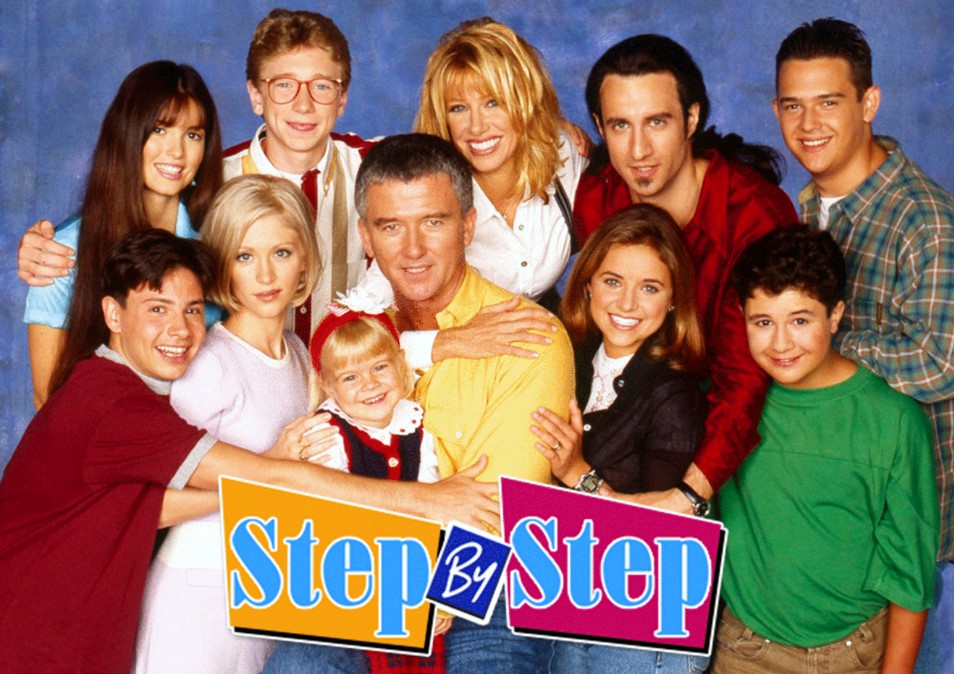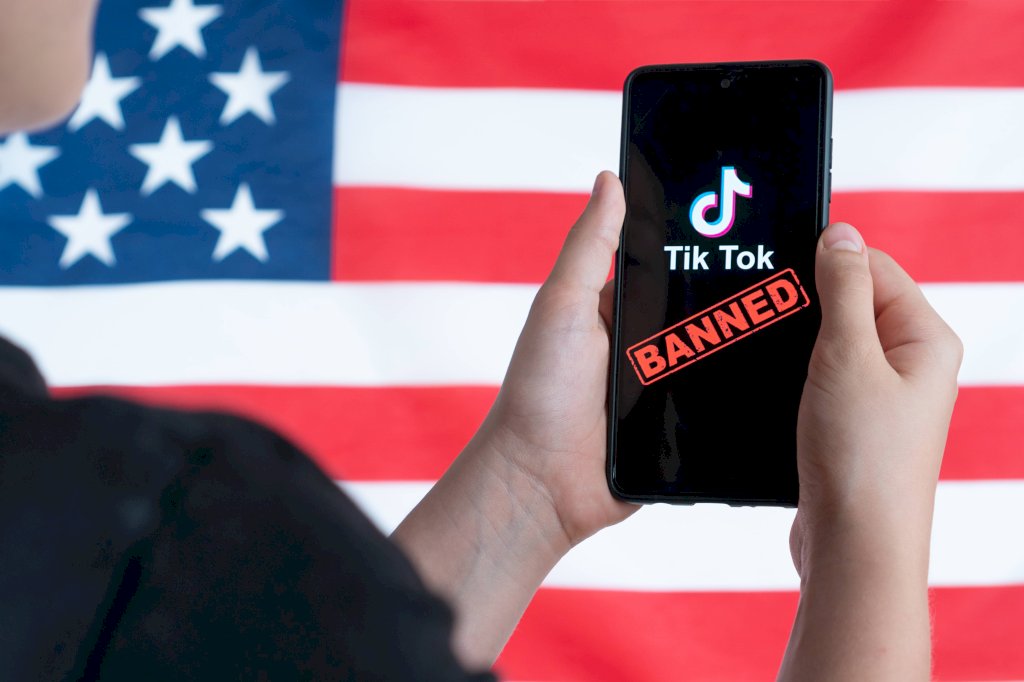"Breakfast at Tiffany's," released in 1961, is a film adaptation of Truman Capote's novella of the same name.
Directed by Blake Edwards and starring Audrey Hepburn in the iconic role of Holly Golightly, the film has become an enduring American classic. Set against the backdrop of New York City's Upper East Side, the movie weaves a captivating tale of love, self-discovery, and the pursuit of dreams.
In this 3000-word article, we will explore the cultural impact, controversies, memorable characters, performances, and lasting legacy of "Breakfast at Tiffany's" in the United States.
Truman Capote's Novella: A Literary Sensation
Before delving into the film adaptation, we first explore Truman Capote's novella that inspired the movie.
Published in 1958, the story introduced readers to the enigmatic Holly Golightly and her unconventional life in New York City. We discuss Capote's literary achievements and how "Breakfast at Tiffany's" gained recognition as a significant work of American literature.
The Journey from Page to Screen
The adaptation of "Breakfast at Tiffany's" from novella to screenplay was a complex and delicate process.
We explore the challenges faced by the filmmakers in capturing the essence of Capote's work while making necessary adjustments for the cinematic medium. Additionally, we highlight the contributions of director Blake Edwards and screenwriter George Axelrod in shaping the final screenplay.
Casting Audrey Hepburn: A Match Made in Hollywood
Audrey Hepburn's portrayal of Holly Golightly is considered one of the most iconic performances in film history.
In this section, we delve into the casting process, including the initial reluctance of Truman Capote about the casting choice. We also analyze Hepburn's contribution to the character's enduring popularity and discuss her lasting impact on American cinema.
Controversies and Social Themes
Racial Stereotyping and Mickey Rooney's Portrayal of Mr. Yunioshi:
One of the most significant controversies surrounding "Breakfast at Tiffany's" is the portrayal of Asian characters, particularly Mickey Rooney's portrayal of Mr. Yunioshi, Holly Golightly's Japanese neighbor.
Rooney's performance relied heavily on offensive racial stereotypes, including exaggerated accents, buck teeth, and a caricatured portrayal of Japanese culture. The character is played for comic relief, but his depiction perpetuates harmful stereotypes and has been widely criticized for its insensitivity and racism.
Lack of Diverse Representation:
Beyond the problematic portrayal of Mr. Yunioshi, the film has faced criticism for its lack of diverse representation overall.
The main cast is predominantly white, and the film takes place in New York City, a melting pot of cultures and ethnicities. The absence of diverse characters and stories from the film's narrative has led to discussions about the underrepresentation of minorities in Hollywood films, both in the 1960s and beyond.
The Depiction of Sexuality and Female Empowerment:
Holly Golightly is a complex and enigmatic character who defies traditional gender norms of the time.
While some see her as a symbol of female empowerment, others argue that the film's treatment of her sexuality perpetuates harmful stereotypes about women. Holly's relationships with men, her desire for material wealth, and her reluctance to commit to a conventional relationship have been subjects of critical examination.
Class and Social Status:
"Breakfast at Tiffany's" explores themes of class and social status, with Holly Golightly aspiring to belong to the upper echelons of society. Her lifestyle and ambitions reflect the pursuit of the American Dream, but they also highlight the allure of material possessions and the desire for upward social mobility.
The film has been analyzed as a commentary on the materialistic values of American society and the consequences of pursuing wealth and status at any cost.
The Music of "Moon River"
Henry Mancini's enchanting score for "Breakfast at Tiffany's" featured the timeless song "Moon River," which became an instant classic. We explore the creation of the song, its significance in the film, and its enduring popularity, winning the Academy Award for Best Original Song.
Fashion and Style: Holly Golightly's Enduring Influence
Holly Golightly's fashion choices, including the iconic little black dress and oversized sunglasses, became synonymous with Audrey Hepburn's image. In this section, we discuss the impact of the film on fashion trends in the 1960s and its lasting influence on modern-day style.
Box Office Success and Critical Reception
Upon its release, "Breakfast at Tiffany's" achieved both commercial success and critical acclaim. We examine its box office performance and the reception from film critics at the time. Additionally, we analyze how the film's reputation has evolved over the decades and how it remains relevant to contemporary audiences.
Cultural Impact and Enduring Legacy
"Breakfast at Tiffany's" has left an indelible mark on American popular culture. In this section, we explore its impact on subsequent films, television, and advertising. We also discuss how the film's themes of self-discovery, identity, and romance continue to resonate with audiences worldwide.
Awards and Accolades
The film received multiple award nominations and recognition. In this section, we highlight the accolades and honors bestowed upon "Breakfast at Tiffany's" and its cast and crew.
"Breakfast at Tiffany's" remains a beloved and timeless classic in American cinema. Audrey Hepburn's portrayal of Holly Golightly, along with the captivating story and memorable music, continues to enchant audiences of all generations. Despite its controversies, the film's legacy endures, making it an essential part of American film history and a symbol of the pursuit of dreams and love in the bustling streets of New York City.


